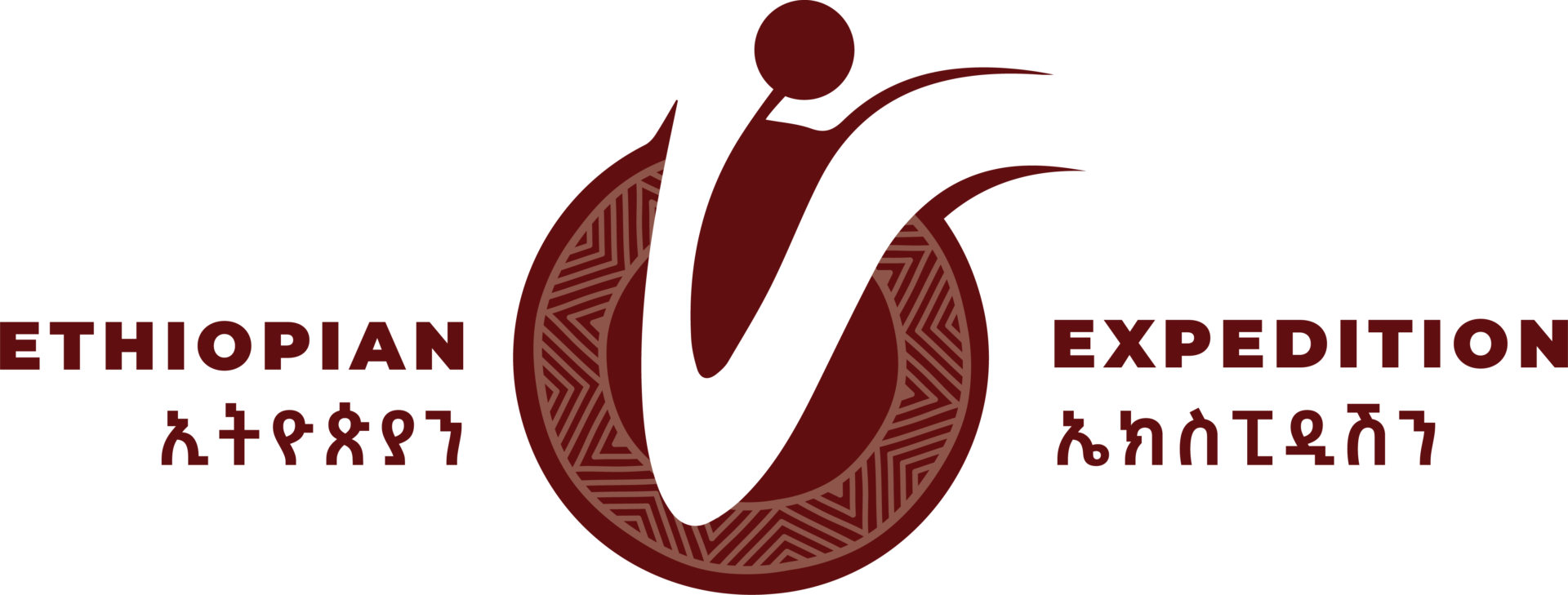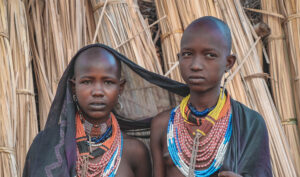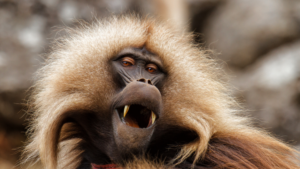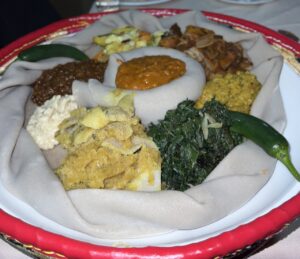Our years of experience and extensive network of local partners can help you build your dream trip from the endless possibilities of Ethiopia. We’ll talk through your ideas, give you some suggestions, set it all up and advise on travel, kit and preparation, so that you get the Ethiopian adventure you’ve always wanted.
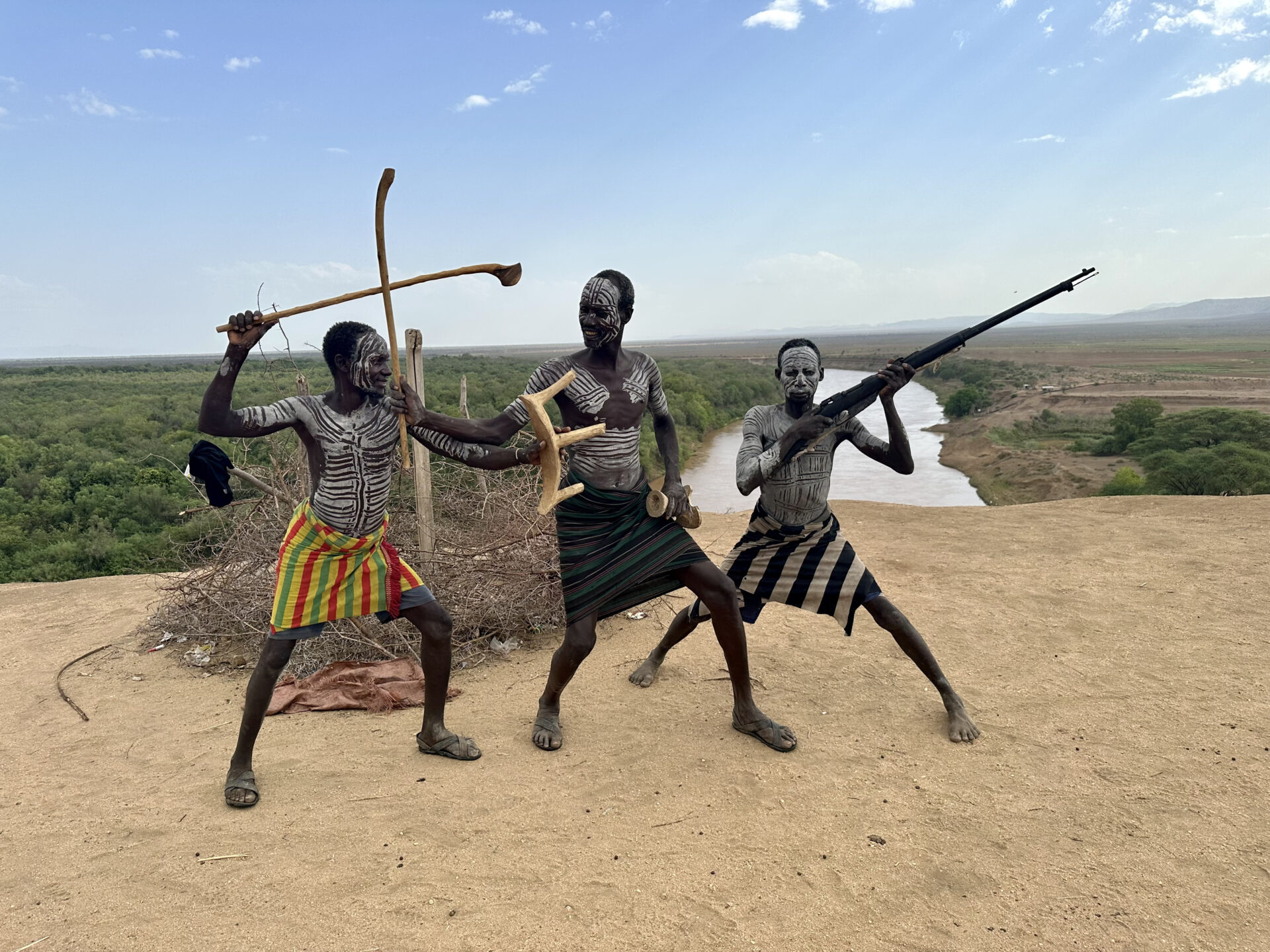
The Kara is a small group of people who live on the east bank of the Omo River in the administrative region of south Omo. The total population of the Kara is around 3.000
They are surrounded by relatively wealthy and strong groups, in terms of cattle and population size. With some of these groups, the Kara has trade exchange and bond – friendship, and with some of they engaged in raids and counter-raids.
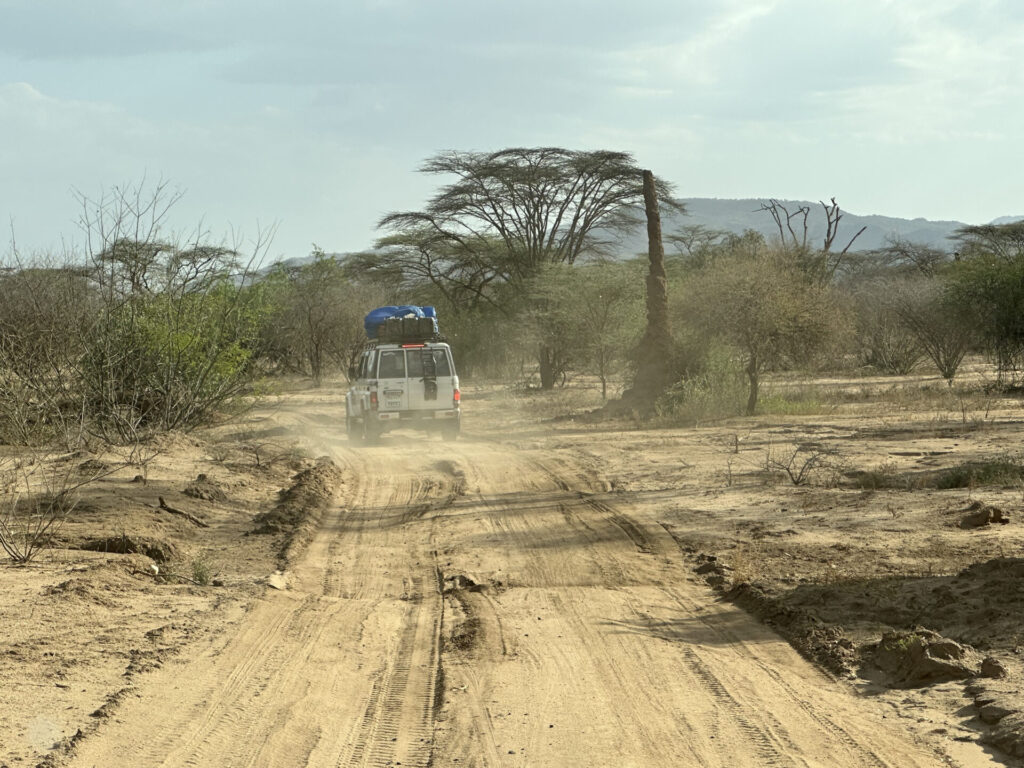
“The kara and bashada come together from Ari long time ago at those times, water could hardly be found in this area here and watering cattle was difficult. And it was a drought season also the place where they live is called “Atula” it is dessert nowadays people call it “Assile” (Susanne Epple).
While the people were looking for water one of their cows disappeared for several days when it returned it had obviously drunk water after a day of so the cow left the herd again and when some men followed it through the bush they eventually found the Omo River when the cow had gone to drink.
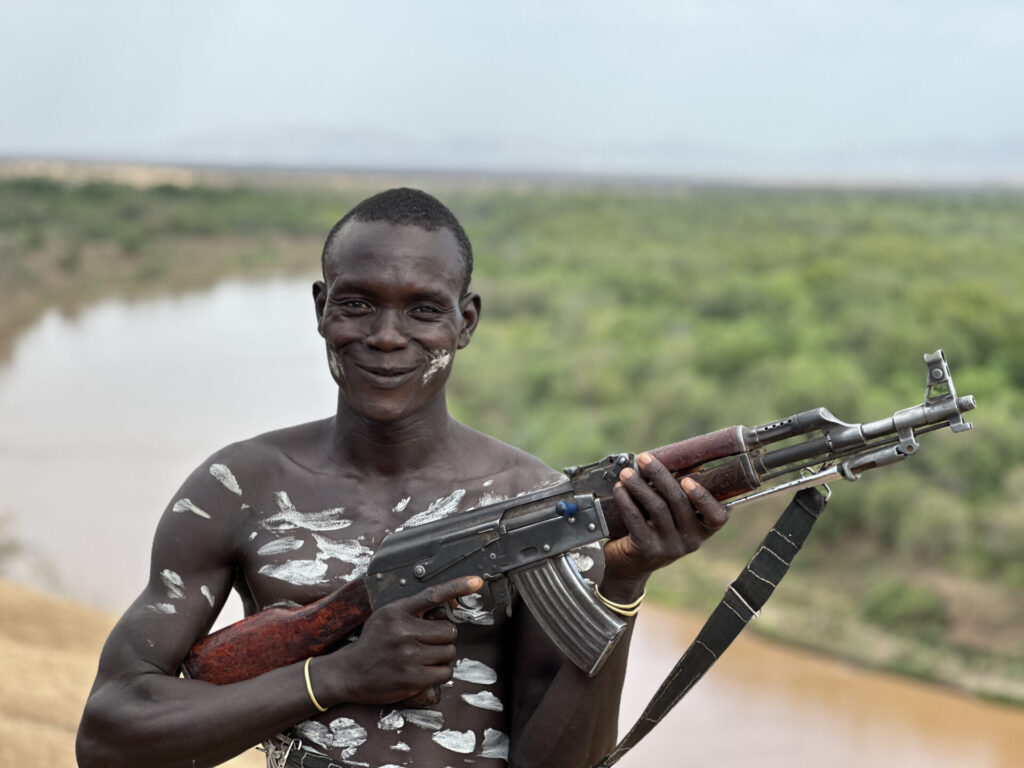
When the men told their group that they had found water, part of the group decided to move on and settle next to the river. And they were divided into two groups From then on they were called “Kara” those who “eat fish” others were too exhausted to reach the river and decided to stay in the hilly region behind. They were from then on called the “Bashada” the exhausted ones who stay behind.
The Kara speaks a south omotic language, a dialect of that spoken by the Hamar and banna. They use the name Karo repair to themselves and their land. Their neighbors, especially Hamar, banna,bashada, and Nyangatom know them by the name Kara the term which means fish. In the language of the Kara.
The Kara call their language “Kara – appo” means “the mouth of Kara”
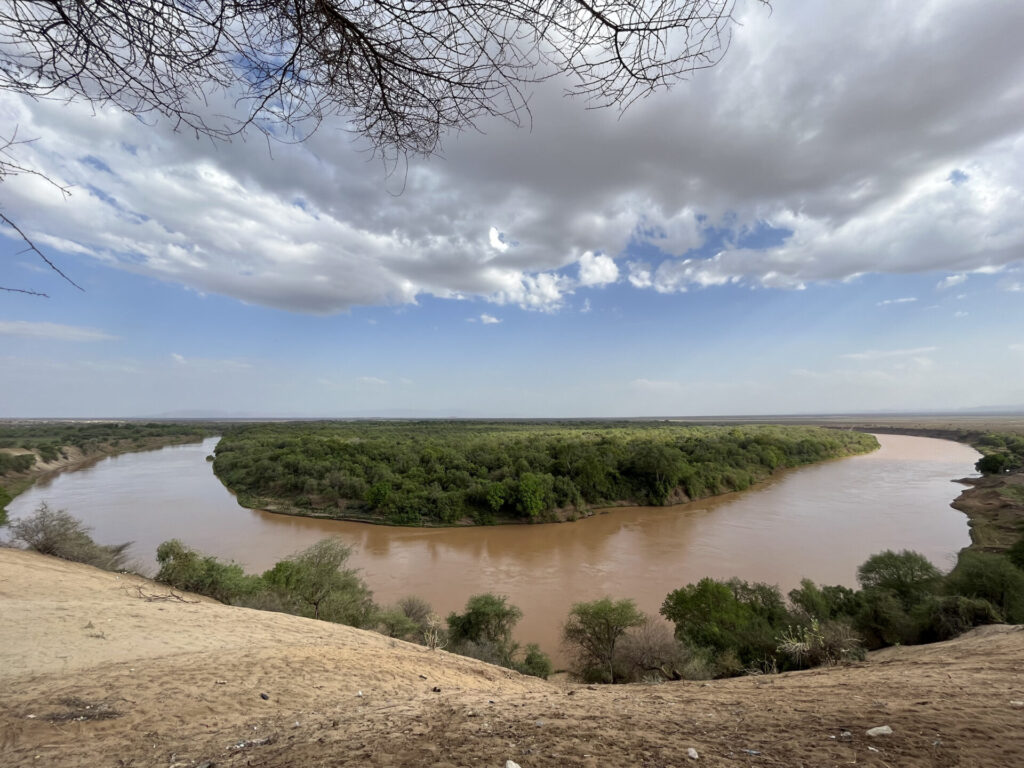
As far as their origins are concerned it has been suggested that the culture of the Kara is another variation of the Hamar and that the people belong: culturally and historically to the Hamar,Banna and Bashada groups.
